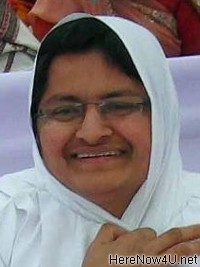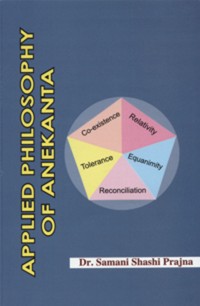After World War II, during the late 1940s and 1950s, analytic philosophy took a turn toward ordinary-language analysis. This movement had two main strands. One followed in the wake of Wittgenstein's later philosophy, which departed dramatically from his early work of the Tractatus. The other, known as "Oxford philosophy", involved J. L. Austin. While schools such as logical positivism emphasize logical terms, supposed to be universal and separate from contingent factors (such as culture, language, historical conditions), ordinary language philosophy emphasizes the use of language by ordinary people. Some have argued that ordinary language philosophy is of a more sociological grounding, as it essentially emphasizes on the use of language within social contexts. The best-known ordinary language philosophers during the 1950s were Austin and Gilbert Ryle. Philosophy of language is another area that has slowed down over the course of the last four decades, as evidenced by the fact that few major figures in contemporary philosophy treat it as a primary research area like Gottlob Frege, Bertrand Russell, Ludwig Wittgenstein, J.L. Austin, Alfred Tarski, and W.V.O. Quine and so on.
According to the Derridean Deconstruction, context is not fixed. He says, context is never absolutely determinable or the formation of context is never final and saturated. All these views will be discussed in comparison with the Jaina view of nayavāda, syādvāda and niksepa. How this concept coincides with the views of Western contemporary philosophy and Post-modern thinkers is highlighted in brief from the anekāntic perspective. In a comparative view of multiplicity-in-unity, there are two approaches possible, viz. to see the commonalities or to see the differences. In a judicious view, both are valuable and helpful. For our analysis, we shall undertake the former standpoint.
 Dr. Samani Shashi Pragya
Dr. Samani Shashi Pragya

